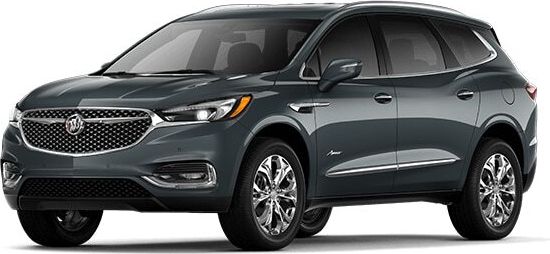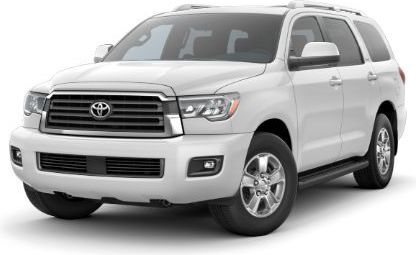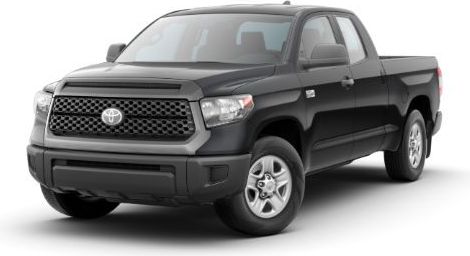
Did you know that the automotive finance market is projected to grow to $386.442 billion in 2029? This shows the growing demand for auto dealership financing.
Understanding your financing options is key when buying a vehicle. The wrong choice can lead to overpaying or being stuck in a bad deal. Exploring various options helps you find the best fit for your financial situation.
Dealerships offer many financing choices, from traditional bank loans to alternative options. These choices can help you drive away with your dream car without overspending. Let's look at some of these options to help you make an informed decision.
Bank Loans
Bank loans are a common form of auto dealership financing. They usually require a good credit score for approval. These loans often offer lower interest rates than dealer financing.
One advantage of bank loans is getting pre-approved. Pre-approval can help during negotiations with the dealer. It's a good idea to shop around and compare rates from different banks.
Credit Union Financing
Credit unions offer low-interest rates and flexible terms. These benefits make them an attractive option for financing a vehicle. If you're a member, getting pre-approved for a loan can simplify the process.
Credit unions are known for their personalized service. This can be very helpful when making important financial decisions. Their approach can make a big difference in your overall experience.
Dealer Financing
Dealer financing allows buyers to secure loans directly through the dealership. This option can be convenient for those looking to finalize a deal quickly. However, it's important to watch out for higher interest rates.
Dealers may offer promotions like cash back or low-interest periods. These incentives can make dealer financing more attractive. Always compare these offers to other financing options to ensure you get the best deal.
If you're considering a Chevrolet, explore Chevy financing options. They offer competitive rates and flexible terms for buyers. Chevy financing may also include special promotions or cash-back offers.
Lease Agreements
Leasing a vehicle is a popular option for those who want a car without the long-term commitment of ownership. It allows you to drive a new vehicle for a set period. Leasing is ideal for people who prefer to drive newer models frequently.
Lease agreements typically require a lower down payment and monthly payments than buying a car. This can make leasing more affordable for some buyers. It's a good choice if you're looking to keep your monthly expenses low.
However, there are some important considerations when leasing. Mileage limitations and extra fees may apply at the end of the lease. Make sure to understand these terms to avoid unexpected costs.
Personal Loans
If you want to avoid traditional auto financing, a personal loan could be a good option. These loans are available through banks or online lenders and offer flexibility in the amount and terms. They can be used for various purposes, including purchasing a vehicle.
Personal loans often come with higher interest rates than secured auto loans. This is because they're unsecured and riskier for lenders. Be sure to compare rates before choosing this option.
Despite the higher rates, personal loans provide more flexibility. You're not tied to a specific vehicle or lender. This can give you more control over the financing process.
Home Equity Loans
A home equity loan can be a viable option for homeowners looking to finance a vehicle. It allows you to borrow against the equity in your home, often resulting in lower interest rates. This can make it more affordable than other financing options.
However, using a home equity loan carries risks. Your home serves as collateral, meaning you could lose it if you fail to repay the loan. It's important to carefully consider these risks before choosing this option.
While the lower interest rates are appealing, ensure you are financially stable. Always make sure you can manage the monthly payments. This method is best for those who are confident in their ability to repay the loan.
Manufacturer Financing Programs
Many manufacturers offer financing programs for specific models or promotions. These programs often come with attractive interest rates or cash incentives. They're designed to make purchasing a vehicle more appealing.
These offers can provide significant savings or lower monthly payments. However, it's important to carefully review the terms and conditions. Make sure you understand all details before committing to a manufacturer financing program.
Peer-to-Peer Lending
Peer-to-peer lending connects borrowers with individual investors through online platforms. It can offer competitive interest rates and flexible terms, often based on your credit score. This option may be ideal for those who prefer alternatives to traditional lenders.
However, peer-to-peer lending usually requires a solid credit score for the best rates. It's important to compare different platforms to find the best deal. Always review the fees involved to avoid unexpected costs.
Credit Card Financing
Credit card financing is an option for those who manage their expenses carefully. While not commonly used, it may be helpful for people needing quick financing. However, it often comes with high-interest rates.
This option is best if you plan to pay off the balance quickly. Carrying a balance can result in high-interest charges. Always assess whether this option is financially feasible for you.
Title Loans
A title loan is a short-term secured loan that uses your vehicle's title as collateral. It may seem appealing, particularly for those with poor credit. However, be cautious, as failing to repay the loan could result in losing your vehicle.
While it offers quick access to cash, the risks are significant. If you can't make the payments, your car may be repossessed. Make sure to carefully consider the terms before choosing this option.
Co-Signer Loans
A co-signer can help borrowers with limited credit history or poor credit scores. The co-signer agrees to take responsibility for the loan if the primary borrower misses payments. This can lead to better financing terms, like lower interest rates.
Having a co-signer increases the likelihood of loan approval. It also provides more favorable loan conditions. However, both the borrower and co-signer are responsible for the loan.
Auto Dealership Financing: Making an Informed Choice
Understanding different auto dealership financing options is important for making a smart purchase. Bank loans, dealer financing, and Chevy financing each have their advantages. It's crucial to assess your financial situation before deciding.
Consider all your options and don't be afraid to negotiate. Each financing route has its pros and cons. Your next vehicle should meet your needs and fit your budget.
Searching for more informative articles like this? Then please keep browsing our blog now!




